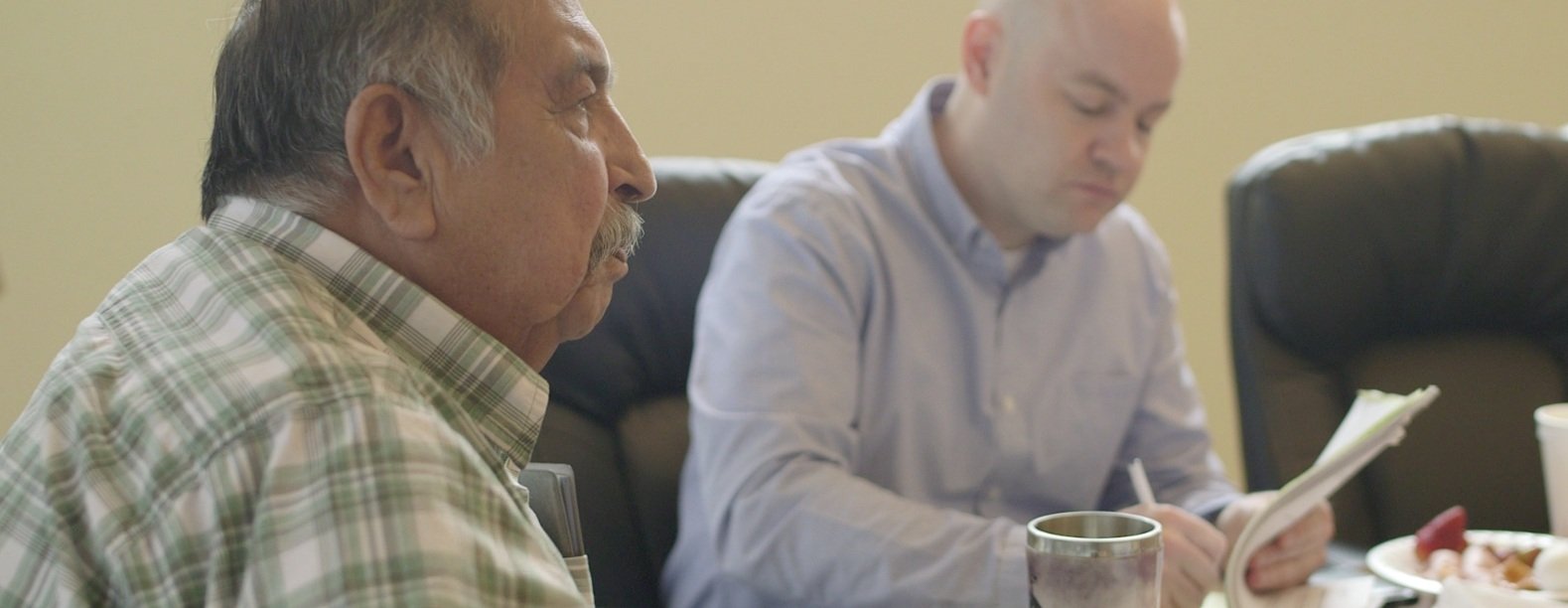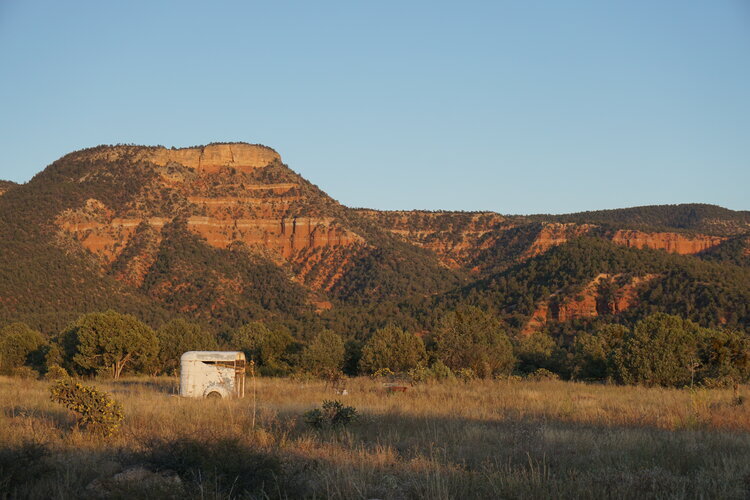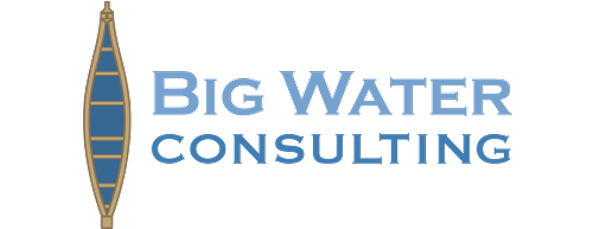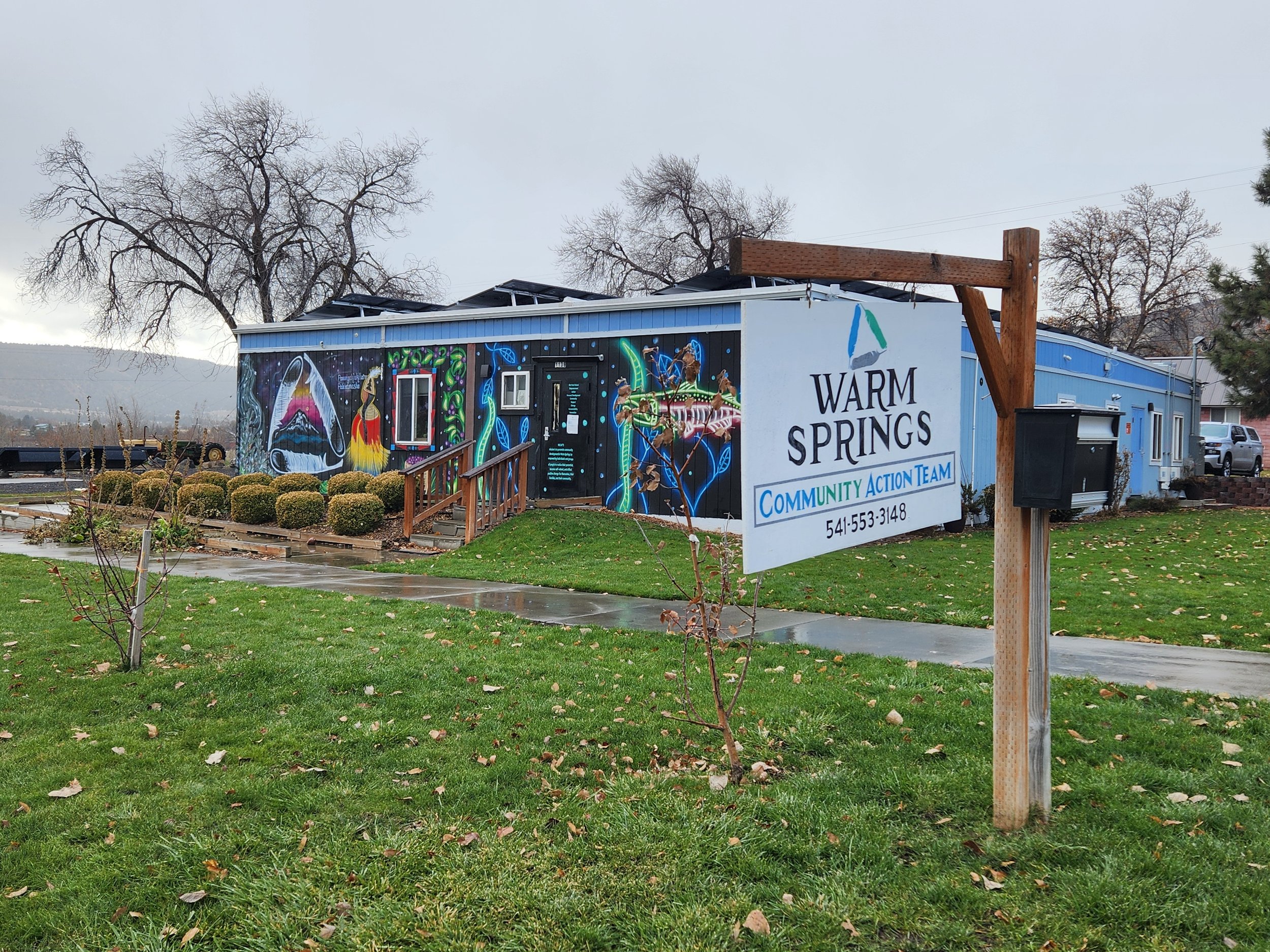
Highlights from recent projects help tell the story of how and where we work.
Visit our Gallery to see samples of specific deliverables. Use the search bar below to find projects in specific regions, covering certain topics, or with a particular tribe.
All Projects

Nisqually Indian Tribal Needs Assessment
The Nisqually Indian Tribe is working with Big Water Consulting to conduct a Tribal Needs Assessment of households living on the reservation. The Nisqually Tribal Needs Assessment Survey aims to provide a better understanding of how Nisqually tribal members prioritize treaty rights issues and develop a better understanding of the Tribe's current circumstances. The survey will determine current housing conditions, which tribal services are known to the community, which programs are used by households, and how connected they are to community services and activities such as fishing, hunting, and gathering. The Needs Assessment will also provide an opportunity to better understand how the Nisqually tribe can communicate with the community and how tribal members feel about long-term vs. short-term investment in tribal resources.

Big Valley Rancheria Community Needs Assessment
Lake County, California
Big Valley Rancheria is home to the Big Valley Band of Pomo Indians, descendents of the Xa-Ben-Na-Po Band of Pomo Indians that have inhabited the Clear Lake area of present-day California for thousands of years. The Big Vallery Rancheria Community Needs Assessment seeks to gather data on the housing and other programming needs of Big Valley residents and Tribal members. The needs assessment will also inform renovations to rental housing being conducted by Sustainable Native Communities Design Lab at MASS Design, a Native-owned architecture firm.

Muckleshoot Community Needs Assessment
Auburn, Washington
Muckleshoot Indian Tribe is composed of descendants of the Duwamish and Upper Puyallup peoples of Central Puget Sound. The Muckleshoot Community Needs Assessment seeks to gather data on the housing and other programming needs of Muckleshoot Reservation residents and Tribal members. The needs assessment will also inform a permanent supportive housing development in partnership with BeauxSimone Consulting and RTHawk Housing Alliance.

Shoshone-Bannock Tribes Community Needs Assessment and Housing Fabrication Facility Feasibility Study
Fort Hall, Idaho
The Shoshone-Bannock Tribes are federally-recognized tribes residing on the Fort Hall Indian Reservation, located in the eastern Snake River Plain of southeastern Idaho near the town of Pocatello, Idaho. The Shoshone-Bannock Tribes of Fort Hall comprise the eastern and western bands of the Northern Shoshone and the Bannock, or Northern Paiute, bands. After the success of the 2016 Shoshone-Bannock Tribes Community Needs Assessment, the Shoshone-Bannock Tribes have launched the 2021 Shoshone-Bannock Community Needs Assessment and Housing Fabrication Facility Feasibility Study.

White Mountain Apache Housing Needs Assessment
Whiteriver, Arizona
The White Mountain Apache Housing Authority (WMAHA) initiated the White Mountain Apache Housing Needs Assessment on behalf of the White Mountain Apache Tribe (WMAT) in order to develop forward-looking planning and program management and to identify and measure the needs of communities throughout the Fort Apache Indian Reservation. The Tribe selected Big Water Consulting to coordinate the effort and provide training and technical assistance throughout the project. This housing needs assessment included a household survey that collected data from 654 homes on the reservation and had an overall response rate of 97.2%.

2020 Census Outreach and Education (King County and Washington State)
Washington State
Big Water Consulting created a coalition with United Way of King County, Urban League of Metropolitan Seattle, King County and Pyramid Communications which was funded by the Washington State Office of Financial Management to conduct 2020 Census outreach and education in King County, Washington. The scope of the effort was later expanded to cover the entire State of Washington.

Red Cliff Housing Needs Assessment
Bayfield, Wisconsin
The Red Cliff Reservation is located on the shores of Lake Superior in north Wisconsin near the town of Bayfied, Wisconsin. This area experiences an extreme winter climate and a highly seasonal economy focused primarily on tourism. After completing a successful Tribal Census and Community Needs Assessment in 2018 (97% household survey response rate), the Red Cliff Chippewa Housing Authority launched the Red Cliff Housing Needs Assessment in February 2020 in order to gather data to support and guide planned housing development and which could be used to challenge and replace the Census Bureau data used to determine the Tribe’s housing funding allocation.

Lac Courte Oreilles Community Assessment
Hayward, Wisconsin
The Lac Courte Oreilles Reservation is a largely wooded area in north-central Wisconsin that is punctuated by lakes, streams and the Chippewa flowage. Big Water Consulting trained the local Survey Manager and field staff to canvass the reservation and update the Tribe’s housing unit map prior to conducting a household survey involving a random sample of 945 housing units on the reservation. A paper survey form was also mailed to off-reservation members living in Sawyer County. An online survey form was also made available to the on-reservation and off-reservation survey respondents via a survey code provided to households included in the sample.

South Dakota Native Homeownership Coalition (SDNHC) Veterans Housing Needs and Homeownership Study
Eagle Butte, Pine Ridge and Sisseton, South Dakota
With support from SDNHC, Enterprise Community Partners and Lakota Funds, Big Water worked with the Cheyenne River Housing Authority, Oglala Sioux (Lakota) Housing, and Sisseton Wahpeton Housing Authority to design and implement the Veterans Housing Needs and Homeownership Study. Data collected through an intercept survey and focus groups conducted on each of the three reservations will enable housing authorities, Tribal Veteran Service Officers and others to identify the housing and service issues most important to veterans and then develop and fund tailored programs that help address these concerns.

Native Village of Barrow Housing Needs Assessment
Barrow, Alaska
The Native Village of Barrow (NVB) is the northernmost community in Alaska, located north of the Arctic Circle. Data collected through a household survey enabled NVB to refine their housing map and illustrated a number of challenges faced by the community, including high costs of living (beyond rent, mortgage, and utilities), limited housing stock, and prevalent overcrowding. Results will be used to engage the Native Corporation and Borough partners in shared planning and provision of services.

Pokagon Tribal Census
Dowagiac, Michigan
The Pokagon Band of Potawatomi has no reservation and its members are distributed throughout the United States and the world. The Band has made great efforts to spur economic development within its service area in Michigan and Indiana and the surrounding region. The Tribal Census, conducted every five years to support a constitutionally mandated comprehensive planning process, was implemented through a mail-out survey delivered to all households with an enrolled Pokagon citizen, regardless of whether they lived inside or outside the Band’s service area. The resulting dataset is now being used to inform decisions related to land acquisition, economic development, education spending, program administration, and the development of new services.

Red Cliff Tribal Census and Community Needs Assessment
Bayfield, Wisconsin
The Red Cliff Indian Reservation is a remote community located on the shores of Lake Superior on the northern tip of the Bayfield peninsula in Wisconsin. It has a recreation and resource-based economy and a large number of seasonally vacant units and second homes. The project, which included a reservation-wide household survey, enabled the Band to correct distortions in existing data resulting from the income disparities and demographic differences between full-time residents (who are generally Native) and seasonal residents (who are generally not). In addition, the data will be used to develop a Comprehensive Plan and identify specific options to address resident needs and create opportunities for individual and collective development.

Seattle Indian Services Commission (SISC) King County AIAN Housing and Human Services Needs Assessment
King County, Washington
Big Water coordinated with SISC and its partner stakeholders (e.g., United Indians of All Tribes Foundation, Seattle Indian Health Board, Chief Seattle Club, Mother Nation, and Cowlitz Tribal Health Services) to design and implement a study to assess the need for Native housing and other vital services in the urban core of King County, Washington. Information collected through a survey, focus groups, and interviews will help guide the Commission’s planning efforts for supportive services and a new 160-unit affordable housing development.

Shoshone-Bannock Tribes Tribal Needs Assessment
Fort Hall, Idaho
The Shoshone-Bannock Tribes are federally-recognized tribes residing on the Fort Hall Indian Reservation, which is located in the eastern Snake River Plain of southeastern Idaho near the town of Pocatello. The Shoshone-Bannock Tribes 2016 Tribal Needs Assessment includes a Household Survey, Homeownership Survey, and a Youth Survey. This project helped the Shoshone-Bannock Tribes launch their Tribal Homeownership Opportunities Program (THOP) which coincided with the launch of the Shoshone-Bannock Tribes Community Development Financial Institution (CDFI). The findings from this project will continue to help the tribal government and its programs attract new funding, better plan for tribal programs, improve services, and address homebuyer readiness through preparation courses.

South Dakota Native Homeownership Coalition (SDNHC) Housing Needs Studies
Eagle Butte and Mission, South Dakota
Big Water worked with the Cheyenne River Housing Authority and the Rosebud Economic Development Corporation (REDCO) to conduct two homeownership assessment studies commissioned by Lakota Funds and SDNHC. Analysis of existing data, as well as data collected through an intercept survey and key informant interviews, provided insight into perceived obstacles to homeownership, anticipated changes in housing supply and demand, levels of interest in and qualifications for homeownership, as well as other issues specific to each community. Results are being used to facilitate the development of homeownership and CDFI programs; two additional Housing Needs Studies were launched in 2018.
















